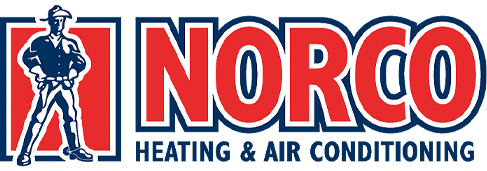
You want to make smart decisions about your home’s HVAC system, so it’s vital to understand key terms related to effectively heating and cooling your home. Knowing how to measure the efficiency of your unit is crucial. One of the most important metrics you’ll encounter is the SEER rating. But what exactly does SEER mean, and why should you care about it? Let’s dive into the details and help you make informed choices for your heating and cooling needs.
What Is SEER?
SEER stands for Seasonal Energy Efficiency Ratio. It’s a measure of how efficiently your air conditioner or heat pump uses energy to cool your home over a typical cooling season. In simple terms, a higher SEER rating means a more energy-efficient system. The rating is calculated by dividing the cooling output during a typical cooling season by the total electric energy input during the same period.
Why SEER Ratings Matter
Understanding SEER ratings is essential because they directly impact your energy bills and environmental footprint. Here’s why they matter:
- Energy Savings: A higher SEER rating translates to lower energy consumption, which means you’ll spend less on your utility bills. Upgrading to a system with a higher SEER can result in significant savings over time.
- Environmental Impact: More efficient systems consume less electricity, reducing your home’s carbon footprint. This is a crucial step toward making your home more eco-friendly.
- Comfort Levels: Higher SEER-rated systems often come with advanced features that enhance your home’s comfort. These systems can maintain consistent temperatures and humidity levels more effectively.
Choosing the Right SEER Rating for Your Home
While a higher SEER rating is generally better, it’s essential to consider what makes the most sense for your specific situation. Here are a few factors to keep in mind:
- Climate: In regions like Spokane, WA, where summers can be warm, a higher SEER rating can provide significant benefits by reducing cooling costs.
- Initial Cost vs. Long-Term Savings: Higher SEER systems often come with a higher upfront cost. However, the long-term savings on energy bills can outweigh this initial investment.
- System Size: It’s crucial to have a system that matches your home’s size and cooling needs. An oversized or undersized unit can lead to inefficiencies and higher energy costs.
Learn More About Improving Your HVAC System’s Efficiency!
Understanding SEER ratings is a key part of selecting the right HVAC system for your home. By choosing a system with an appropriate SEER rating, you can enhance your comfort, save on energy costs, and reduce your environmental impact.
If you’re considering upgrading your HVAC system or want to learn more about SEER ratings or indoor air quality, we at NORCO Heating & Air Conditioning in Spokane, WA, are here to help. Our team of experts can guide you through the process and ensure you make the best choice for your home. Contact us today to schedule a consultation and take the first step towards a more efficient and comfortable home!

